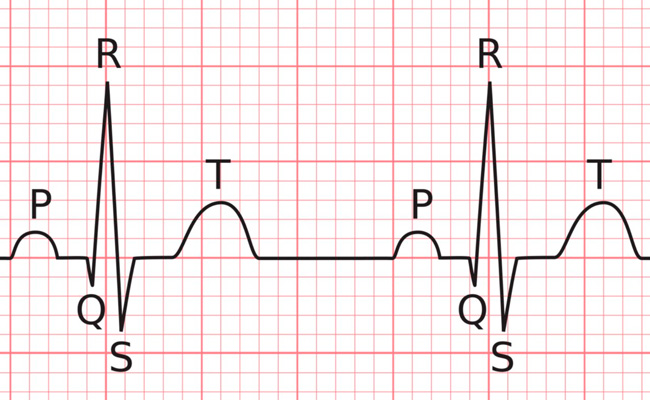Basics of ECG

Overview
Electrocardiogram (ECG) is a safe and non-invasive procedure that measures the
electrical activity of the heart to detect any abnormality. The ability to interpret
various ECG rhythms requires high-level skills and understanding of the
cardiovascular system’s anatomy and physiology. The aim of this module is to
incorporate both theoretical and practical aspects of ECG waveforms, interpreting
various cardiac rhythms and identifying abnormal ECG patterns.
- Time Duration : 6 hrs
- Number of Participants : 15
- Learning Outcomes
- Training Material
- Learning Activity
- Describe the normal cardiac anatomy and conduction system
- Demonstrate 12 lead ECG electrode placement
- Critically analyze normal and abnormal ECG rhythms
- Interpret arrhythmias and conduction disturbances
- Multimedia audio visual aids
- Multimedia patient monitor
- Manual defibrillators
- Handouts
- Comprehensive targeted discussions on ECG monitoring
- Practice in a simulated environment using high fidelity manikins
- Simulation based clinical scenarios
- Knowledge and skill assessment


